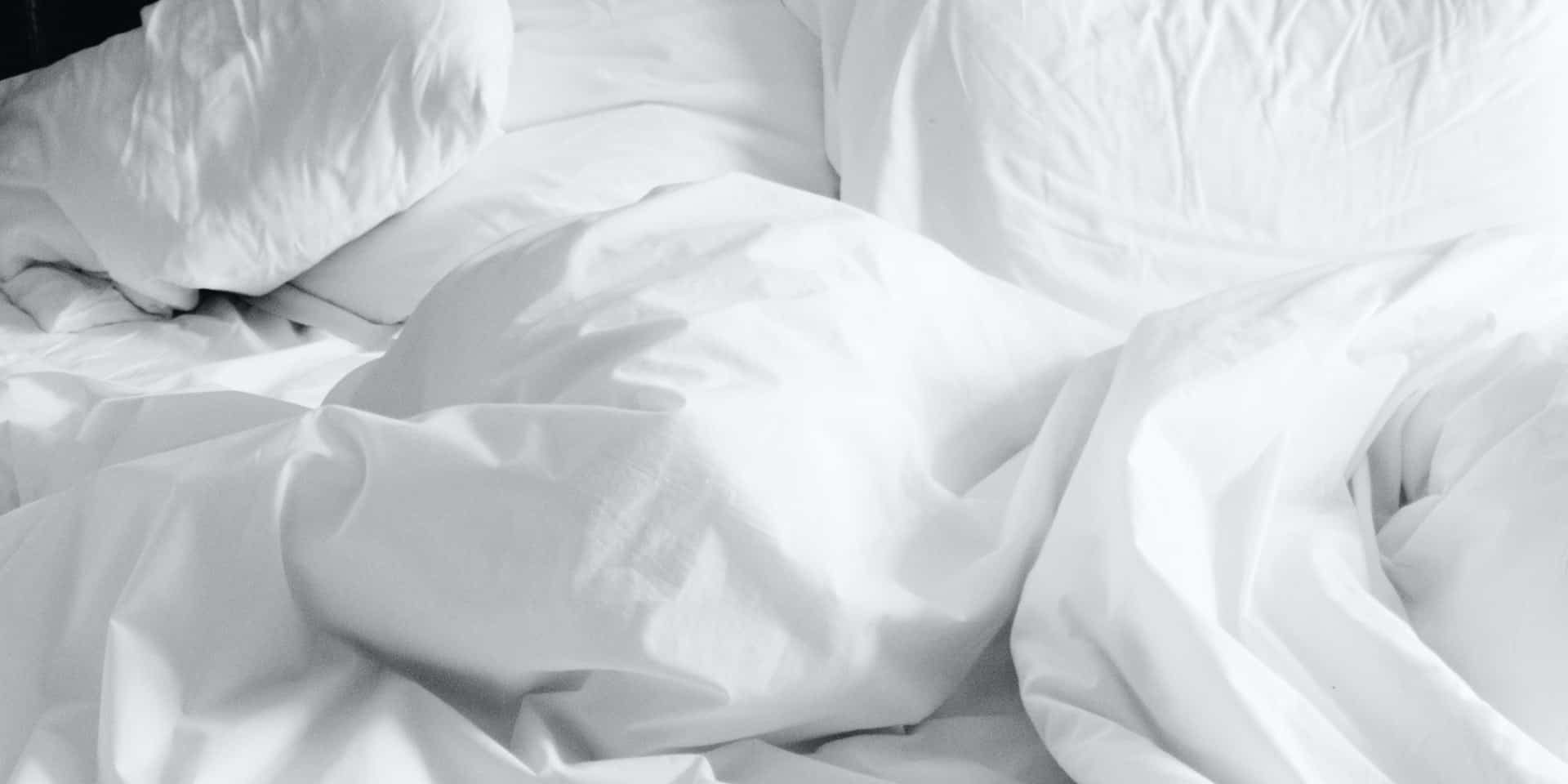‘Sleep hygiene’ is the term used to describe your sleeping habits, and the routine you do before going to bed. Generally, good sleep hygiene is associated with better sleep and a more relaxed nighttime experience.
Getting the right number of hours or actually falling asleep in a reasonable amount of time can be a challenge for many people, but the good news is there are so many things you can do to improve your chances of a good rest. Keep reading to find out some of our latest tips. Considerable research has gone into developing a set of guidelines and tips which are designed to enhance good sleeping, and there is much evidence to suggest that these strategies can provide long-term solutions to sleep difficulties.
The information here is not designed to be a one size fits all guide and should not be used to treat or diagnose your own experiences. As always, you should make sure to consult a GP if you have any concerns.
We’ve covered sleep tips in several previous posts, but we’ve always got more to add. Don’t worry about trying to do all of these in one go, pick one or two to start with and see if they help you.
Get regular
One of the best ways to train your body to sleep well is to go to bed and get up at more or less the same time every day, even on weekends and days off! This regular rhythm will make you feel better and will give your body something to work from. You’ll get used to feeling tired and going to bed at the same time every day.
Keeping your daytime routine the same is another important step. Even if you have a bad night sleep and are tired it is important that you try to keep your daytime activities the same as you had planned. That is, don’t avoid activities because you feel tired. This can reinforce insomnia.
You can develop your own rituals of things to remind your body that it is time to sleep – some people find it useful to do relaxing stretches or breathing exercises for 15 minutes before bed each night, or sit calmly with a cup of caffeine-free tea.
Having a hot bath or shower 1-2 hours before bedtime can be useful, as it will raise your body temperature, causing you to feel sleepy as your body temperature drops again. Research shows that sleepiness is associated with a drop in body temperature.
Sleep when sleepy
Okay if you’re sleepy in the middle of the workday this one might not be for you but it’s worth a try at night if you need to correct bad habits. Only try to sleep when you actually feel tired or sleepy, rather than spending too much time awake in bed.
Get up & try again
If you haven’t been able to get to sleep after about 20 minutes or more, get up and do something calming or boring until you feel sleepy, then return to bed and try again. Sit quietly on the couch with the lights off (bright light will tell your brain that it is time to wake up), or read something boring like the phone book. Avoid doing anything that is too stimulating or interesting, as this will wake you up even more.
The other thing to avoid is clock watching as this can cause your stress levels to rise. Don’t worry about the time but if you’re still wide awake and don’t feel yourself drifting off any time soon and happen to check the time then that’s okay.
Avoid caffeine & nicotine
It is best to avoid consuming any caffeine (in coffee, tea, cola drinks, chocolate, and some medications) or nicotine (cigarettes) for at least 4-6 hours before going to bed. These substances act as stimulants and interfere with the ability to fall asleep.
No naps
We know, naps can feel so good but they’re dangerous if you’re trying to fix your sleep schedule! It is best to avoid taking naps during the day, to make sure that you are tired at bedtime. If you can’t make it through the day without a nap, make sure it is for less than an hour and before 3pm.
No clock-watching
Many people who struggle with sleep tend to watch the clock too much. Frequently checking the clock during the night can wake you up (especially if you turn on the light to read the time) and reinforces negative thoughts. You’ll automatically start doing the maths to figure out how long you’ve got left to sleep or how long you’ve been trying and that kind of stress is best avoided.
Equally, if you’re using your phone to keep an eye on the time after dark you should get a small clock. Checking your phone can wake you up because of the light and any notifications that have popped up.
Exercise
Regular exercise is a good idea to help with good sleep, but try not to do strenuous exercise in the 4 hours before bedtime. You want to ensure you leave enough time for your heart rate to come back down to normal before trying to sleep. Morning walks are also a great way to start the day feeling refreshed!
Eat right
A healthy, balanced diet will help you to sleep well, but timing is important. Some people find that a very empty stomach at bedtime is distracting, so it can be useful to have a light snack, but a heavy meal soon before bed can also interrupt sleep. Some people recommend a warm glass of milk, which contains tryptophan, which acts as a natural sleep inducer. Although if you don’t like milk, any small healthy snack will help fill your stomach.






